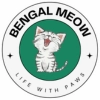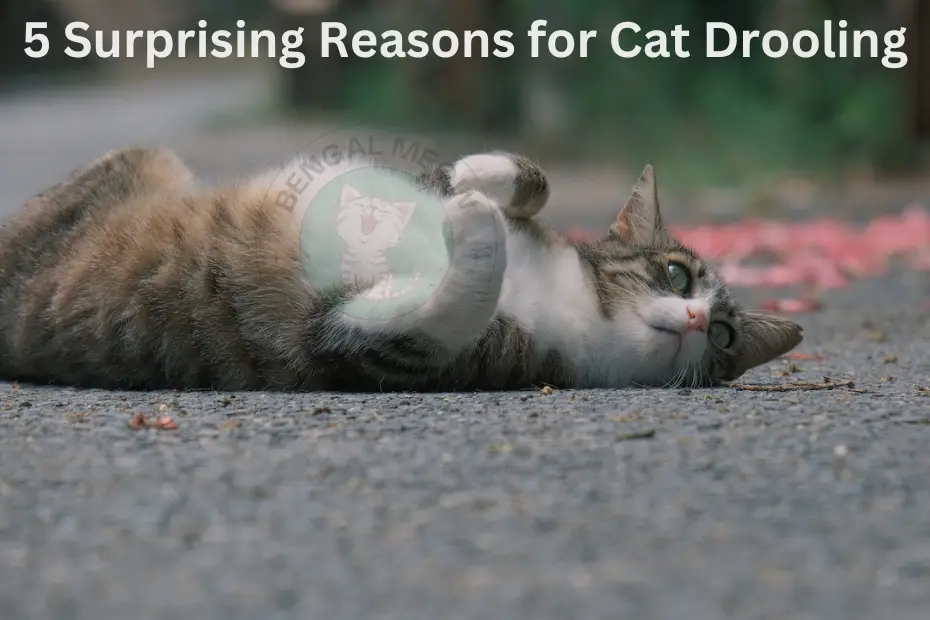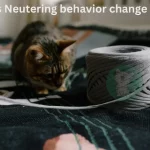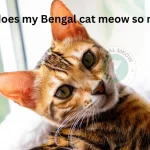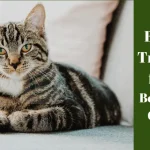The Peculiar Puzzles of Cat Drooling: 5 Surprising Explanations Revealed!
Cat drooling, a peculiar behavior that can range from endearing to concerning, has piqued the curiosity of pet owners and admirers of feline grace alike. While it’s a common trait associated with dogs, many are surprised to learn that cats, too, can experience this phenomenon for various reasons.
In this comprehensive article, we embark on a journey to understand the surprising reasons behind cat drooling, shedding light on both harmless and potentially serious causes. Whether your feline companion’s drooling brings warmth to your heart or sparks concern, join us as we explore the depths of this behavior, gaining valuable insights into the physical and emotional well-being of these enigmatic creatures.
5 Surprising Reasons for Cat Drooling
Cats are fascinating creatures known for their grace and independence. While they are generally low-maintenance pets, it can be concerning to see your feline friend drooling excessively. Cat drooling, medically known as ptyalism, is not always a cause for alarm, but it’s essential to understand the reasons behind this behavior. In this article, we’ll explore five surprising reasons why cats drool and when it might be a sign of a more serious underlying issue.
Overwhelming Affection: Navigating the Depths of Endearing Love
Overwhelming affection, also known as “love bombing,” is a heartwarming and endearing behavior often displayed by our beloved pets, especially cats and dogs. This enchanting display of love can be described as an outpouring of affectionate gestures that make us feel deeply cherished and appreciated. When our furry companions shower us with overwhelming affection, they demonstrate their strong emotional connection and loyalty to us as their caregivers.
This delightful behavior may manifest in various ways, such as enthusiastic greetings, snuggles, gentle nudges, and abundant purring or wagging tails. Our pets may seek our attention relentlessly, following us around the house and craving our physical touch, reminding us of their unconditional love and companionship.
The joy of being at the receiving end of such overwhelming affection can brighten even the most challenging days, creating a strong bond that enriches our lives and deepens our connection with our four-legged friends. Embracing these moments of pure love and reciprocating with care and attention fosters a beautiful relationship that lasts a lifetime.
Dental Issues in Cats: Navigating the Purrplexities
Dental issues in cats are not just a concern for humans; our feline friends can also suffer from oral health problems. Just like us, cats can experience dental conditions such as gingivitis, periodontal disease, and tooth decay. Neglecting their oral health can lead to discomfort, pain, and even more severe health issues.
To keep your furry companion’s pearly whites in top-notch condition, regular dental check-ups are crucial. During these visits, a veterinarian can examine your cat’s teeth, identify any potential problems, and recommend appropriate treatments. Additionally, maintaining good oral hygiene at home is essential. You can introduce teeth-brushing into your cat’s routine using specialized cat toothbrushes and toothpaste, specially formulated for feline dental care.
By being proactive about your cat’s dental health, you can ensure they maintain a healthy, pain-free smile, enhancing their overall well-being and allowing them to enjoy their favorite treats and toys for years to come.
Check also: Best Interactive Cat Toys for Hours of Playful Fun
Understanding Nausea and Upset Stomach – Causes and Remedies
Nausea and upset stomach are common ailments that many of us have experienced at some point in our lives. They can be uncomfortable and distressing, but understanding their causes and remedies can help ease the discomfort.
Nausea refers to the queasy feeling in the stomach often accompanied by an urge to vomit. It can be caused by various factors such as motion sickness, certain medications, infections, and even stress. On the other hand, an upset stomach typically involves symptoms like bloating, gas, and abdominal discomfort, which may result from overeating, consuming spicy or greasy foods, or a mild stomach infection.
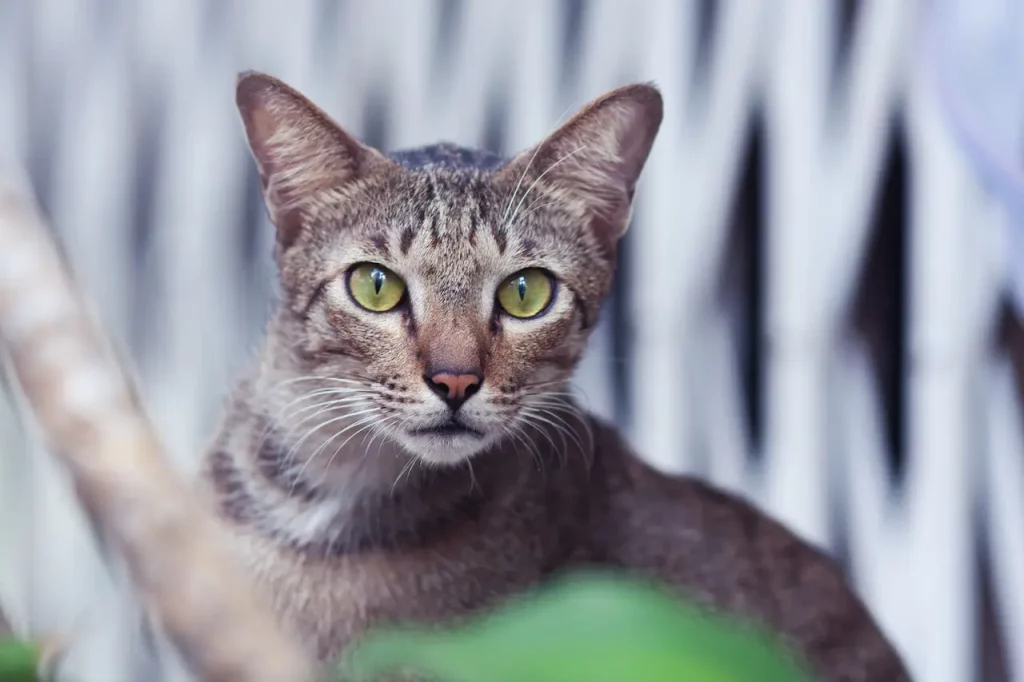
To alleviate these unpleasant sensations, there are some simple and friendly remedies you can try. Sipping on ginger tea, which has natural anti-nausea properties, can be soothing. Eating small, bland meals and avoiding heavy or fried foods can also help settle an upset stomach. Staying hydrated and getting enough rest are essential for recovery.
Remember, if nausea or upset stomach persists or becomes severe, it’s essential to consult a healthcare professional for proper evaluation and guidance. In most cases, these discomforts are temporary and can be managed with care and patience.
Stress and Anxiety: Understanding the Emotional Rollercoaster
In our fast-paced modern lives, stress and anxiety have become all too familiar companions. These emotions can affect anyone, including our beloved pets. Stress is the body’s natural response to challenging situations, while anxiety is the worry and apprehension about what might happen in the future. Both humans and animals experience these emotions, and it’s essential to recognize their impact on our overall well-being.
Stress and anxiety can manifest in different ways, such as restlessness, changes in appetite, or difficulty sleeping. In humans, talking about our feelings can help alleviate these emotions, and the same goes for our furry friends. As pet owners, we play a crucial role in reducing their stress levels. Spending quality time, engaging in interactive play, and maintaining a stable routine can all contribute to a calmer and happier pet.
Remember, just like us, animals need reassurance and love during challenging times. By understanding and addressing their stress and anxiety with empathy and care, we can create a safe and supportive environment for our cherished companions to thrive.
Heat and Overheating: Understanding Your Body’s Thermoregulation
Heat is a natural element that surrounds us daily, and our bodies have a remarkable ability to regulate temperature to maintain optimal functioning. Thermoregulation is the process by which our bodies balance heat production and heat loss, ensuring that we stay within a safe range of temperatures. However, when exposed to excessive heat or unable to dissipate heat effectively, our bodies can face the risk of overheating.
Overheating occurs when our internal cooling mechanisms become overwhelmed, leading to a rise in body temperature. This can happen during scorching hot weather, intense physical activities, or spending prolonged periods in a heated environment. It’s essential to recognize the signs of overheating, such as excessive sweating, dizziness, fatigue, and flushed skin, as it can lead to heat-related illnesses like heat exhaustion or even heatstroke.
To avoid overheating, stay hydrated, wear lightweight and breathable clothing, seek shade during peak heat hours, and avoid strenuous activities in extreme temperatures. By respecting your body’s thermoregulation and taking necessary precautions, you can enjoy the warmth of the sun while keeping yourself safe and comfortable.
FAQs
Q1: Is it normal for cats to drool occasionally?
Yes, occasional cat drooling can be normal, especially when a cat is deeply relaxed or in a warm environment. However, if drooling becomes frequent or excessive, it’s best to investigate the potential causes.
Q2: Should I be concerned if my cat drools during car rides?
Some cats may drool due to motion sickness during car rides. While occasional drooling might not be a significant concern, if it persists or is accompanied by other signs of distress, consult with a veterinarian to ensure your cat’s well-being.
Q3: Can dental issues be a reason for cat drooling?
Yes, dental problems, such as gum disease or oral injuries, can lead to excessive drooling in cats. Regular dental check-ups and good oral hygiene are crucial to prevent such issues.
Q4: When should I seek veterinary help for my cat’s drooling?
If your cat’s drooling is persistent, excessive, or accompanied by other worrisome symptoms like vomiting, diarrhea, or difficulty walking, it’s essential to seek prompt veterinary attention.
Conclusion:
Cat drooling can be attributed to various factors, ranging from natural expressions of affection to potential health concerns. It is essential to understand that occasional cat drooling might be harmless, but persistent and excessive drooling should never be ignored. As a responsible cat owner, being observant of your feline companion’s behavior is crucial in identifying any underlying issues.
Remember, regular veterinary check-ups, a balanced diet, and a stress-free environment are key to maintaining your cat’s well-being. By staying informed and attentive, you can ensure that your furry friend leads a happy, healthy, and drool-free life!
